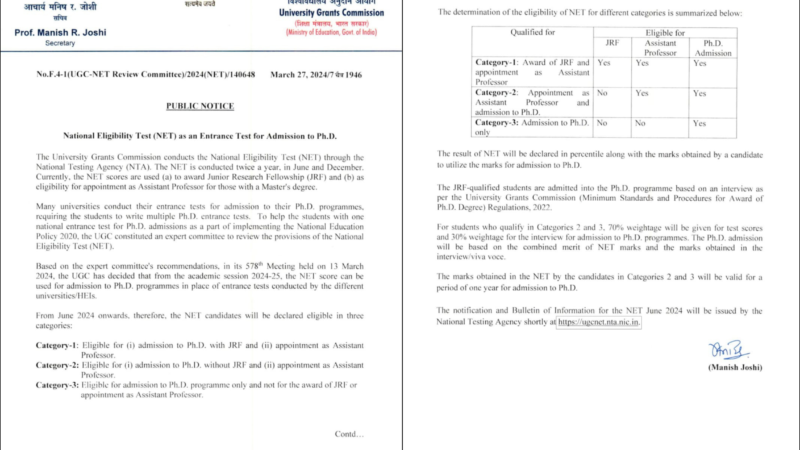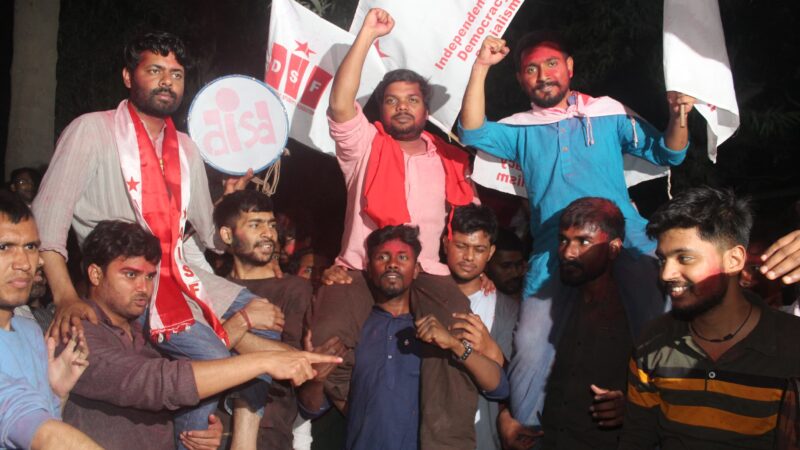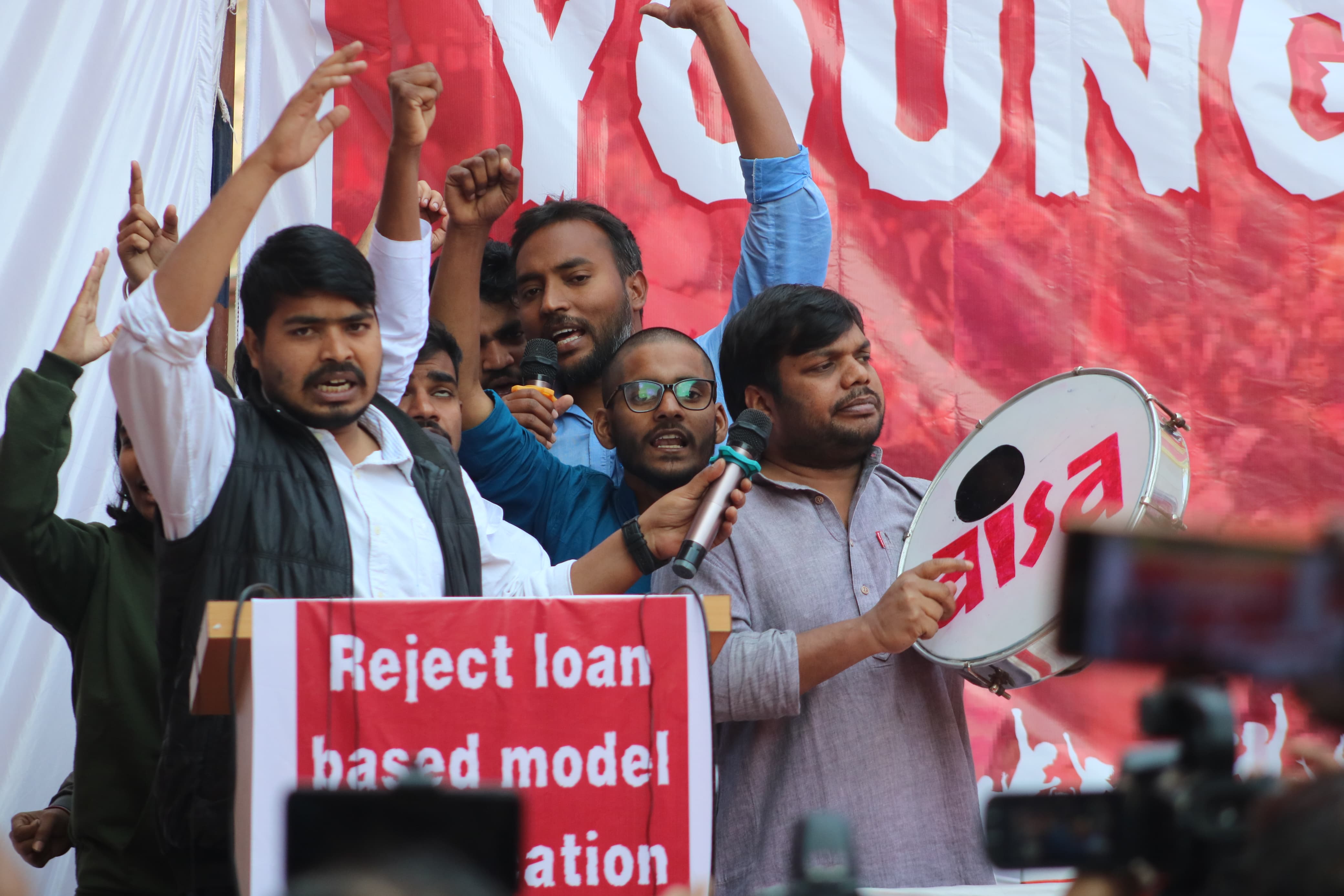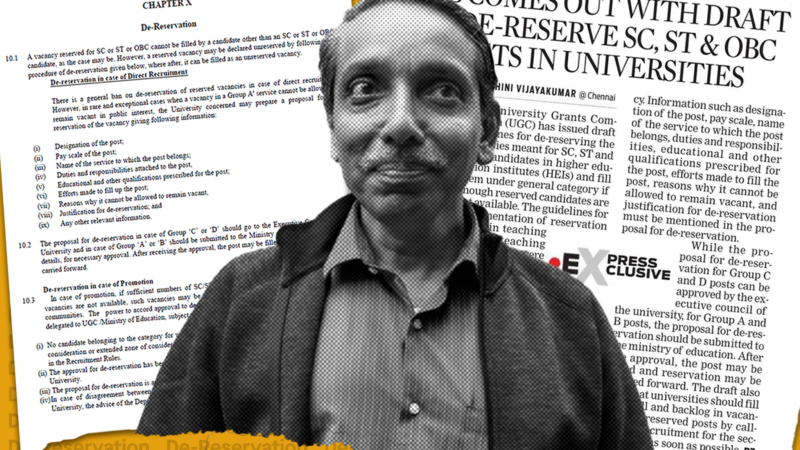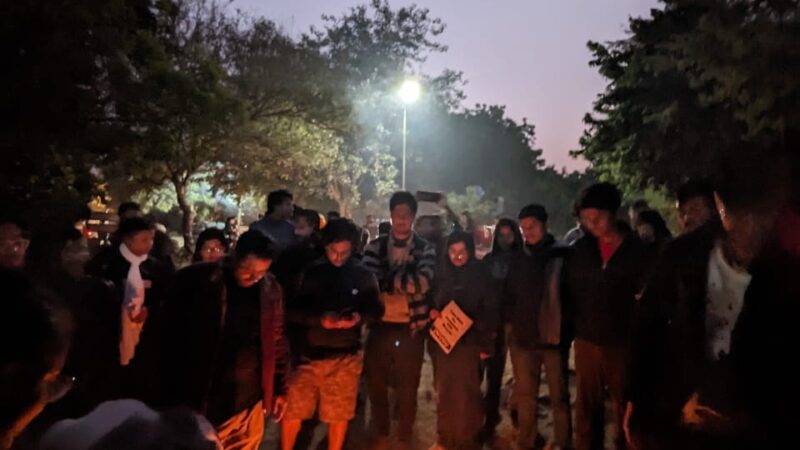From HCU to JNU, Save Educational Institutions, Save Democracy
Karawaan-e-Sedition: Kis Kis Ko ‘Anti-National’ Kahoge?
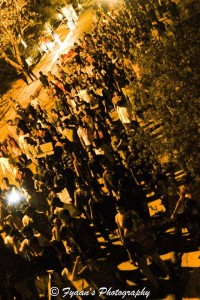 The ABVP-RSS-BJP and some media channels (who have mastered the art of airing fake tweets and doctored videos) are busy telling the world that JNU is a hub of ‘sedition’. The very same voices emerging from #OccupyUGC and #JusticeforRohithVemula are now ‘anti-national’ and ‘seditious’, if the ABVP-RSS-BJP and Times Now/Zee News are to be believed. Students activists, JNU teachers and well-known poets are now being branded “anti-national” in primetime shows. Even as we battle a police crackdown, arrests, jailing and suspensions, let us discuss ‘sedition’, the ‘crime’ we are being accused of.
The ABVP-RSS-BJP and some media channels (who have mastered the art of airing fake tweets and doctored videos) are busy telling the world that JNU is a hub of ‘sedition’. The very same voices emerging from #OccupyUGC and #JusticeforRohithVemula are now ‘anti-national’ and ‘seditious’, if the ABVP-RSS-BJP and Times Now/Zee News are to be believed. Students activists, JNU teachers and well-known poets are now being branded “anti-national” in primetime shows. Even as we battle a police crackdown, arrests, jailing and suspensions, let us discuss ‘sedition’, the ‘crime’ we are being accused of.
Sedition is a Political Tool That Should Be Scrapped: In India, the sedition law was instituted by the British in 1870, to silence the Indian freedom movement. This law has however remained even after 1947, and ironically, various elected governments in independent India have perhaps slapped sedition charges more often than the British did in the 77 years between 1870 and 1947 (http://www.thehindu.com/opinion/lead/sedition-legislation-meant-to-suppress-the-voice-of-indian-people/article7758013.ece). The charge of ‘sedition’ has been widely and loosely used by Governments to harass and brand political opponents as ‘anti-national’. In recent years there have been no convictions under this law – the widely criticised conviction of Binayak Sen by a lower court in Raipur was a sole exception. Indeed, the purpose of this law is not to secure a conviction but to chill and punish free speech and dissent. In recent years, those accused of sedition include editors and journalists, cartoonists, and activists – for exposing starvation or communal/caste violence, criticizing the Government, or having left political ideology. Few examples:
Kahturam Sunani, an Odisha-based journalist with OTV, was charged with sedition in May 2007 for filing a report that Pahariya tribals were consuming ‘soft’ dolomite stones in Nuapada district due to acute hunger.
Tamil folksinger Kovan was arrested and charged with sedition for writing a song critical of Tamil nadu chief minister Jayalalithaa.
Aseem Trivedi, a cartoonist, was accused of sedition based on a cartoon.
Lenin Kumar, editor, Nishan, was charged with sedition in 2008 for publishing a booklet titled ‘Kandhamal’s rivers of blood’.
Scientist, PUCL and AIPWA activist E Rati Rao was charged with sedition in Karnataka in 2010 for an article in Varthapatra, a journal edited by her, alleging fake encounter deaths in Karnataka.
Niranjan Mahapatra, Avinash Kulkarni, Bharat Pawar and other trade union leaders and social activists in Gujarat, as well as Sudhir Dhawale, journalist and Dalit rights activist in Maharashtra have been charged with sedition for alleged ‘Maoist links’.
Thousands of anti-nuclear activists in Kudankulam have been charged with sedition.
Clearly, the sedition law is a convenient tool to target, harass and defame anyone whose activism is inconvenient to the Government of the day. In contrast, note that those who have actually incited violence against people – such as BJP and RSS and Shiv Sena leaders in riots – have never been charged with ‘sedition’! When Ranveer Sena men stated to the Cobrapost that several BJP leaders had funded the banned outfit which orchestrated Dalit massacres in Bihar, no one was charged with sedition (http://cobrapost.com/index.php/news-detail?nid=8983&cid=23). In other words, waging violence and war against a particular section of people in the nation has never been seen as ‘sedition’ by the governments!
In the Kedar Nath Singh v State of Bihar (1962), a five-Judge Constitution Bench of the Supreme Court read down Section 124A, stating that its operation was limited only to activities involving “incitement to violence or intention or tendency to create public disorder or cause disturbance of public peace”. In 1995, (Balwant Singh and Anr v. State of Punjab), the Supreme Court refused to punish two men for raising slogans of ‘Khalistan Zindabad’ in a crowded cinema hall the day Indira Gandhi was assassinated. In Bilal Ahmed Kaloo v. State of Andhra Pradesh (1997), Supreme Court held that “mechanical order convicting a citizen for offences of such serious nature like sedition and to promote enmity and hatred etc. does harm to the cause. It is expected that graver the offence, greater should be the care taken so that the liberty of a citizen is not lightly interfered with”. The above verdicts make the legal position very clear – slogans are not sedition, neither are articles or opinions or ideological positions. And yet, governments routinely slap ‘sedition’ charges on all those who ask uncomfortable questions, as a political tool to terrorise opponents.
Can we allow debate and political dissent to be criminalised as ‘sedition’? In JNU, we often say: ‘We Argue, We Listen, We Debate, We Are JNU’. We need to speak to all dissenting and contentious voices, oppressed castes, workers, peasants, students, minorities, and all the people from Kashmir or Manipur or Nagaland, and say ‘We Argue, We Listen, We Debate’. We need to be willing to listen, engage and empathise. We need to be able to say that media trials and capital punishment, fake encounters, rapes and violence by security forces, political massacres and pogroms cannot be justified in “OUR” name. This engagement and empathy can bring us closer to political solutions for long-festering questions. At a time when certificates of ‘sedition’ are being distributed all over the place, let us remember what Gandhiji had to say on the issue:
“Section 124 A under which I am happily charged is perhaps the prince among the political sections of the IPC designed to suppress the liberty of the citizen. Affection cannot be manufactured or regulated by the law. If one has no affection for a person, one should be free to give the fullest expression to his disaffection, so long as he does not contemplate, promote or incite to violence. But the section under which Mr Banker and I are charged is one under which mere promotion of disaffection is a crime. I have studied some of the cases tried under it, and I know that some of the most loved of India’s patriots have been convicted under it”.
